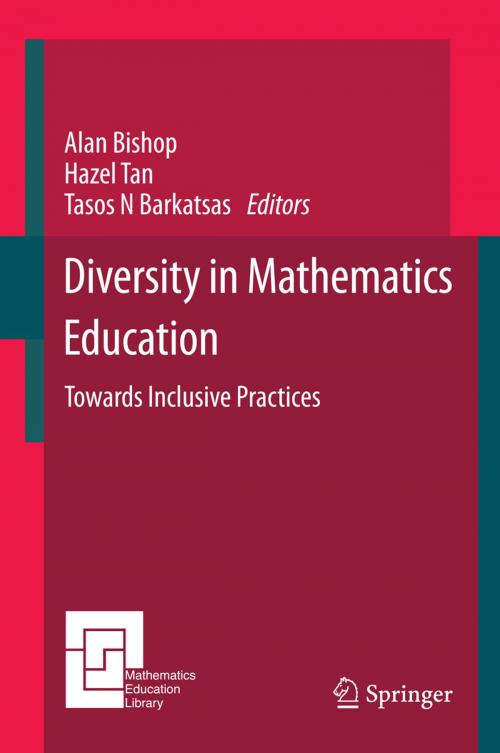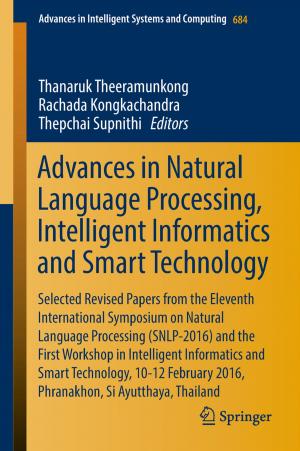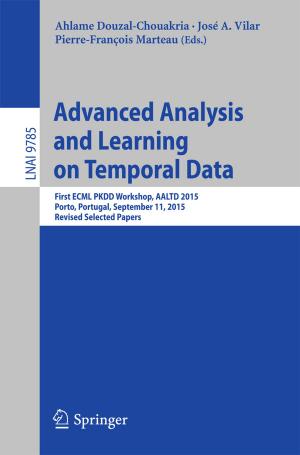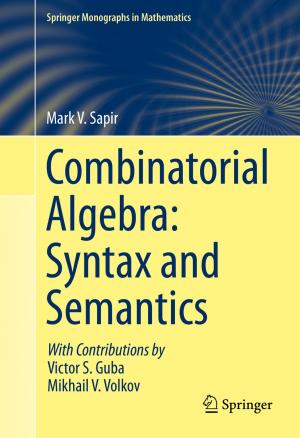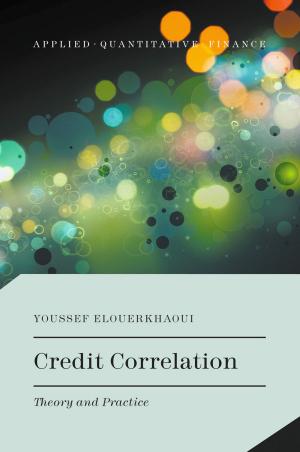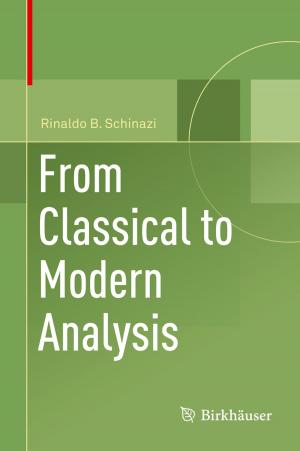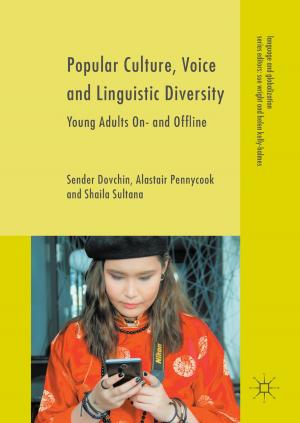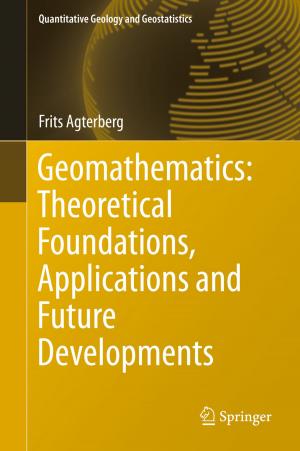Diversity in Mathematics Education
Towards Inclusive Practices
Nonfiction, Reference & Language, Education & Teaching, Educational Theory, Curricula, Teaching, Teaching Methods| Author: | ISBN: | 9783319059785 | |
| Publisher: | Springer International Publishing | Publication: | September 20, 2014 |
| Imprint: | Springer | Language: | English |
| Author: | |
| ISBN: | 9783319059785 |
| Publisher: | Springer International Publishing |
| Publication: | September 20, 2014 |
| Imprint: | Springer |
| Language: | English |
This book presents a research focus on diversity and inclusivity in mathematics education. The challenge of diversity, largely in terms of student profiles or contextual features, is endemic in mathematics education, and is often argued to require differentiation as a response. Typically different curricula, text materials, task structures or pedagogies are favoured responses, but huge differences in achievement still result. If we in mathematics education seek to challenge that status quo, more research must be focussed not just on diversity but also on the inclusivity, of practices in mathematics education.
The book is written by a group of experienced collaborating researchers who share this focus. It is written for researchers, research students, teachers and in-service professionals, who recognise both the challenges but also the opportunities of creating and evaluating new inclusive approaches to curriculum and pedagogy – ones that take for granted the positive values of diversity. Several chapters report new research in this direction.
The authors are part of, or have visited with, the mathematics education staff of the Faculty of Education at Monash University, in Melbourne, Australia. The chapters all focus on the ideas of development in both research and practice, recognising that the current need is for new inclusive approaches. The studies presented are set in different contexts, including Australia, China, the United States, and Singapore.
This book presents a research focus on diversity and inclusivity in mathematics education. The challenge of diversity, largely in terms of student profiles or contextual features, is endemic in mathematics education, and is often argued to require differentiation as a response. Typically different curricula, text materials, task structures or pedagogies are favoured responses, but huge differences in achievement still result. If we in mathematics education seek to challenge that status quo, more research must be focussed not just on diversity but also on the inclusivity, of practices in mathematics education.
The book is written by a group of experienced collaborating researchers who share this focus. It is written for researchers, research students, teachers and in-service professionals, who recognise both the challenges but also the opportunities of creating and evaluating new inclusive approaches to curriculum and pedagogy – ones that take for granted the positive values of diversity. Several chapters report new research in this direction.
The authors are part of, or have visited with, the mathematics education staff of the Faculty of Education at Monash University, in Melbourne, Australia. The chapters all focus on the ideas of development in both research and practice, recognising that the current need is for new inclusive approaches. The studies presented are set in different contexts, including Australia, China, the United States, and Singapore.
